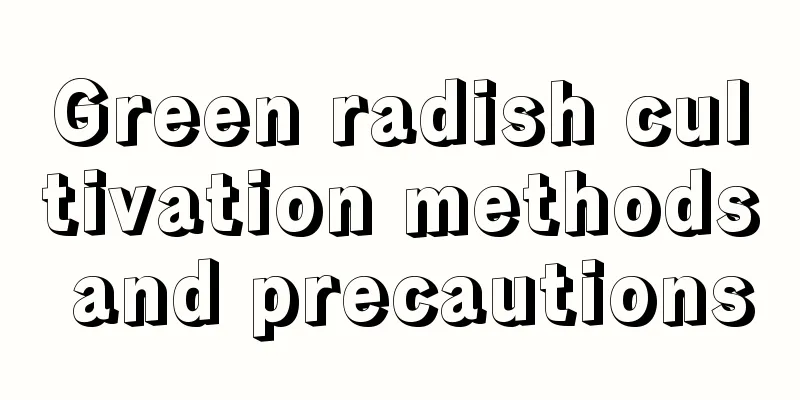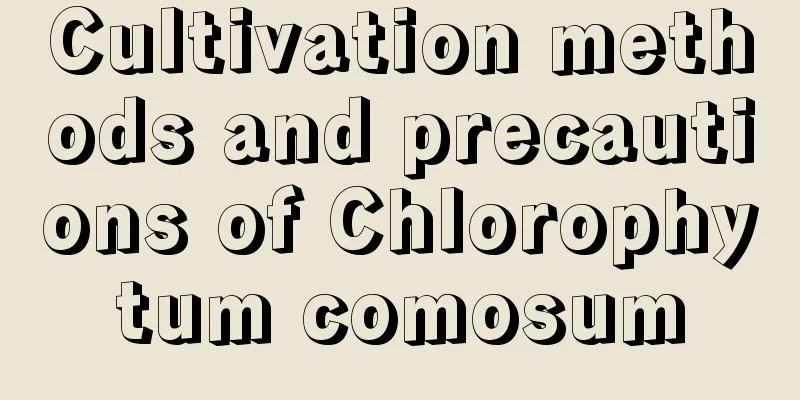Fertilization method for potted camellia

Nitrogen fertilizer to promote spring shootsGenerally, when the temperature is around 18℃, camellia begins to sprout spring shoots. At this time, bud-destroying fertilizer mainly composed of nitrogen fertilizer should be applied about once every 10 days until the spring shoots begin to lignify. Alternatively, you can spray the leaves with a dilute solution of potassium dihydrogen phosphate, urea and rice vinegar at the same time. In this way, after multiple root and leaf spraying, the spring shoots will grow very lush, the leaves will be able to stretch to the maximum, and the branches will be able to accumulate rich nutrients, creating very good conditions for flowering. Apply more phosphorus and potassium fertilizers for flower buds and flower bud differentiationAfter the camellia shoots have grown enough in spring and entered the lignification stage, there will be a short semi-dormant period. At this time, the camellia will enter the growth period and the flower buds will begin to differentiate. If you want the camellia to form more buds, you should apply more phosphorus and potassium fertilizers, and less or no nitrogen fertilizer. This can not only control the excessive growth of camellia branches, but also promote and shorten the time of flower bud differentiation, which will be more conducive to the formation of flower buds. It is not advisable to apply fertilizer in midsummerThe weather is hot in midsummer and camellia grows slowly, with most plants entering a semi-stop state. It is not advisable to apply fertilizer at this time, especially concentrated fertilizer. If the soil is poor, you can apply a little dilute liquid fertilizer while watering to improve the soil quality. In autumn, apply a mixture of phosphorus and potassium fertilizers.The sky is high and the air is crisp in autumn, which is the period when camellia plants accumulate nutrients. In order to safely overwinter, you can apply a mixed fertilizer mainly composed of phosphorus and potassium fertilizers once every half a month, or spray it on the leaves, which can promote plant health and improve the camellia's resistance to cold. It is advisable to apply dilute phosphorus and potassium liquid fertilizer in winterCamellia enters a semi-dormant period in the cold winter and does not require much fertilizer. When camellia is brought indoors, its vegetative growth has entered a dormant state, but its reproductive growth has not completely stopped, so it should be combined with watering and application of dilute phosphorus and potassium liquid fertilizer. (Avoid applying concentrated fertilizer) to prepare for the next season's flowering. |
<<: What to do if the camellia has buds but does not bloom
Recommend
How to Identify Brussels Sprouts
1. Appearance Brussels sprouts are biennial or pe...
What fertilizer is suitable for loofah
Fertilization time for loofah 1. Before planting ...
Growth environment conditions and characteristics of Podocarpus
Podocarpus growth environment conditions and requ...
How to water a chick
time In spring and winter, when the temperature i...
Leek planting and management technology, leek planting pictures
1. Adequate sunlight Chives are relatively light-...
How to propagate cyclamen
1. Seed propagation First, we need to collect its...
Can peonies be planted in pots?
Can peony be planted in a flowerpot? Peonies can ...
Tulip propagation methods and techniques
Tulips are known as the "Queen of Spring&quo...
How to identify cut spring silk
1. Blades The leaves of the cut spring sedge are ...
How to hydroponically cultivate the golden taro
Steps of hydroponic cultivation of golden anise A...
Can peony survive by cuttings? How to propagate peony by cuttings
1. Can the cuttings survive? It is very difficult...
How do monkey flowers survive the winter?
Plant habit characteristics Only after knowing th...
What fertilizer should be used to make the leaf fairy grow well and fast (what fertilizer should be applied to make the roots of the leaf fairy grow strong)
What fertilizer does Yexian need to grow fast? Le...
Is it profitable to plant Chinese toon? How much profit is there per acre?
Is it profitable to grow Chinese toon? Chinese to...
How to grow a lucky tree so that it will flourish
1. Environment If you want to grow a plant well, ...









